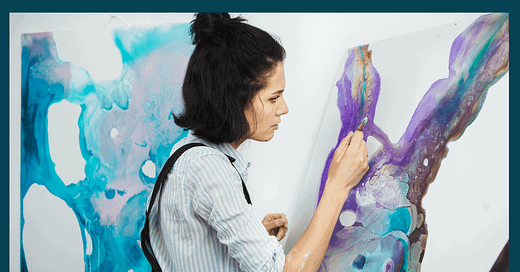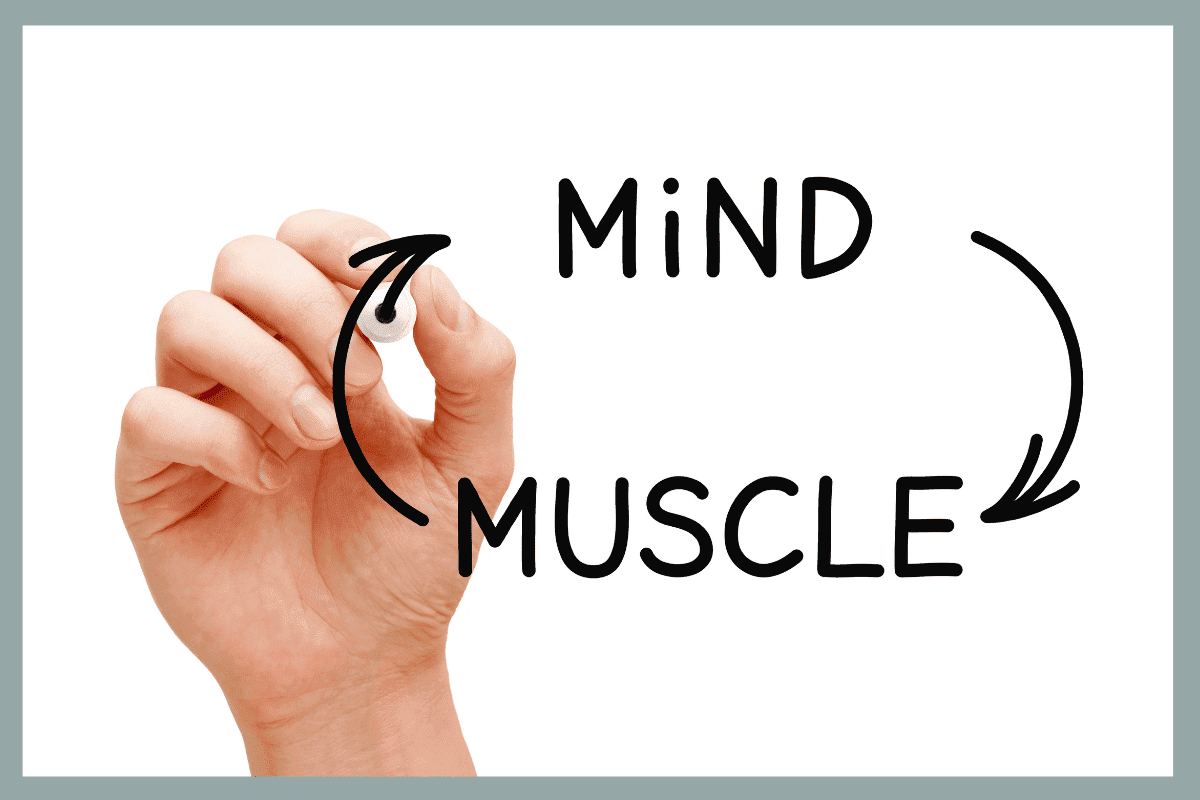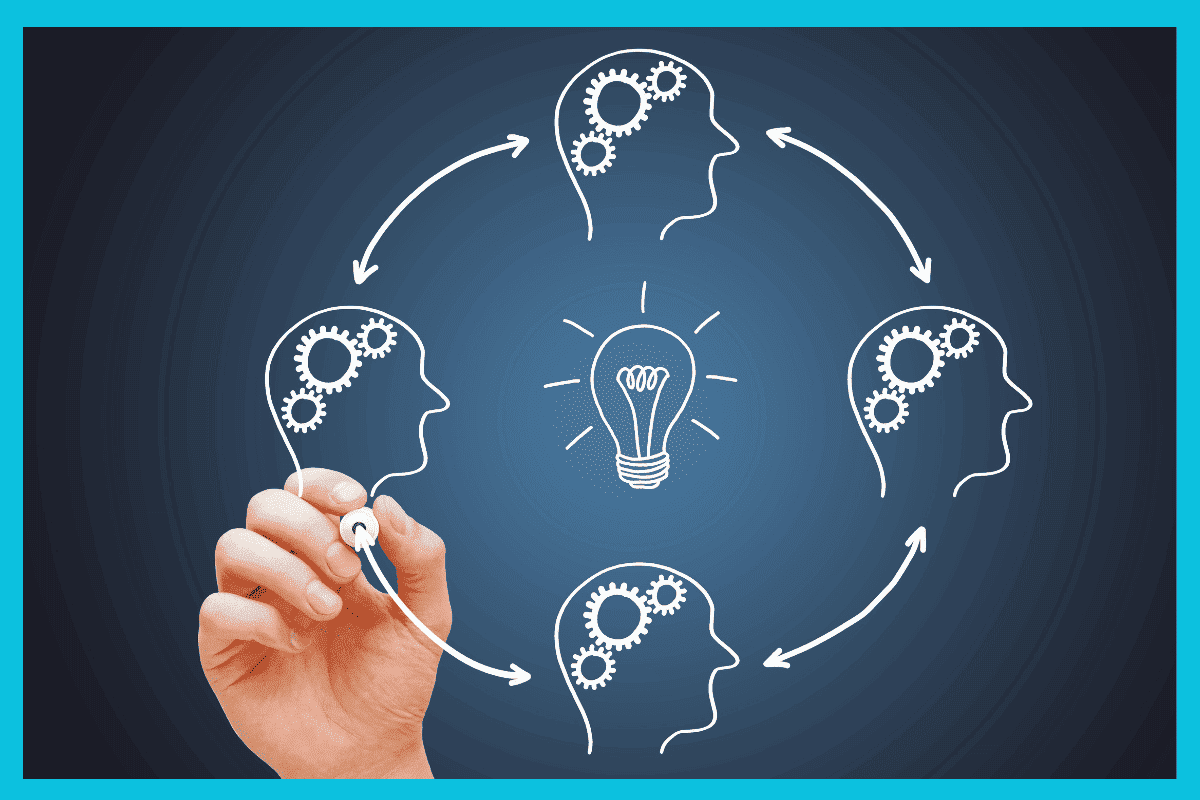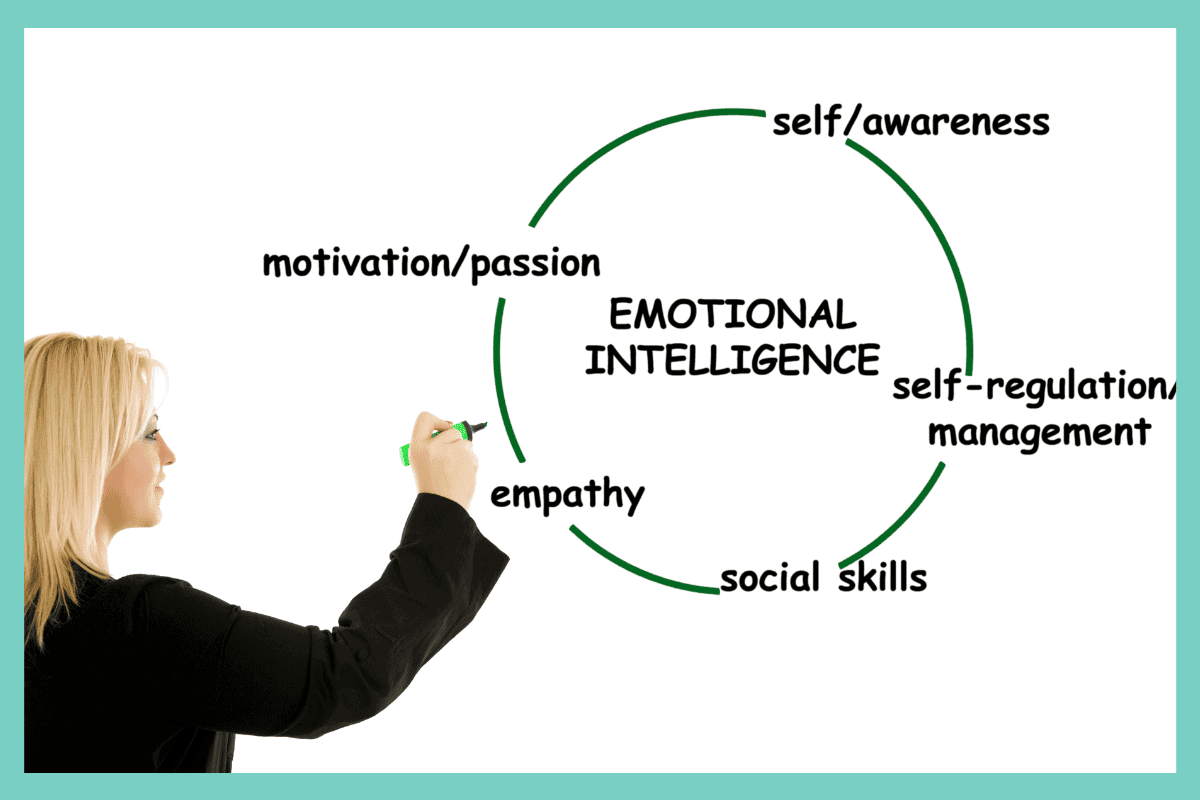Mindful Productivity Creativity: Unlocking Focus and Clarity
Harnessing Mindful Productivity: Unlock Your Focus, Creativity and Clarity
If you’re looking for a fresh perspective on productivity that doesn’t just help you get more done but also enhances your focus, creativity, and clarity, then look no further than the powerful practice of mindful productivity. Today, we’ll dive into mindful productivity and explore the Mindful Productivity Academy, which offers courses and coaching on combining mindfulness practices and productivity methods.
Incorporating mindfulness into our daily routine unlocks our full potential to experience significant benefits in our personal and professional lives. So, let’s get ready to embark on a transformative journey that will positively impact our work relationships, collaboration, as well as our overall well-being.
Key Takeaways
Harness mindful productivity to unlock focus, creativity, and clarity
The Mindful Productivity Academy combines mindfulness techniques and productivity strategies for living more meaningful and purposeful lives
Implementing mindful techniques helps reduce stress, enhance relationships, and boost productivity
Understanding Mindful Productivity
Mindful productivity refers to the practice of maintaining awareness and presence in the moment while also managing our emotional and mental states. Essentially, mindfulness is about gaining consciousness of our thoughts in the current moment, which enables us to appreciate life more deeply. The benefits of mindful productivity are wide-ranging and enhance our focus, creativity, and clarity.
The principles of mindful productivity involve focusing on being present, bringing our full attention to our work, and being aware of our thoughts and emotions. Practicing mindfulness allows us to boost focus and productivity by remaining engrossed in the ongoing task instead of worrying about unforeseen future events. Furthermore, mindfulness enhances creativity by helping us be fully engaged with the present moment and generate new ideas.
Research has shown great potential in exploring the intersection of mental health and productivity. Concentrating on the mind enables us to unleash our full potential, leading to significant accomplishments in both personal and professional realms. The power of being present and mindful in the present moment cannot be overstated.
The Mindful Productivity Academy
The Mindful Productivity Academy is an empowering online platform offering courses, coaching, and a supportive member community to help us do and get done more of what matters most in our lives. It seamlessly combines mindfulness practices with productivity strategies to help us manage our overwhelm, procrastination, and perfectionist anxiety to live our lives with more profound meaning and purpose.
The Mindful Productivity Academy offers an engaging series of unique courses from defining and designing our lives to digital decluttering, leveraging powerful mindsets to balancing time and energy, and tackling existential anxieties.
This provides a unique and fresh perspective on mindfulness and productivity. The courses and coaching provided by the academy revolutionize our approach to productivity, paving the way for substantial personal and professional development.
The Science Behind Mindful Productivity
The benefits of mindful productivity are backed by scientific research, demonstrating the positive effects of mindfulness practices on brainwave patterns and the prefrontal cortex. These effects improve decision-making, problem-solving, and stress relief. All of which contribute to enhanced productivity and well-being.
Let’s explore the science behind mindful productivity in more detail. Next, we’ll focus on the changes in brainwave patterns and the development of the prefrontal cortex.
Brainwave Changes
Mindfulness practices positively alter brainwave patterns, enhancing self-awareness and awareness of one’s thoughts and improving focus and creativity. A meta-analysis of several studies showed a positive correlation between mindfulness practices and improved creativity, with benefits varying depending on the type of mindfulness practiced.
Meditation, a key component of mindfulness practices, has been shown to have robust effects on enhanced divergent thinking, which is crucial for generating new ideas and creative solutions. Regular meditation practice helps unleash our creative capabilities and cultivate a mindset that favors innovative problem-solving and decision-making, enhancing your creative process.
Furthermore, mindfulness practices have been proven to boost alpha waves in the brain, resulting in relaxation and enhanced creativity, focus, and clarity. The benefits of these brainwave changes are evident in personal well-being and professional settings, where increased focus and creativity can lead to improved productivity and success.
Prefrontal Cortex Development
The prefrontal cortex is an amazing part of our brain. Specifically, it plays a critical role in conscious thought and reasoning, such as:
empathy
self-awareness
intuition
morality
equanimity (staying focused even through emotional turmoil)
Mindfulness practices, including mindfulness training, can strengthen the prefrontal cortex, fostering conscious thought, self-awareness, intuition, focus, decision-making, problem-solving, and stress relief.
A ground-breaking 2005 study revealed that meditation can actually increase brain density in the prefrontal cortex, resulting in enhanced cognitive performance and memory. Regular meditation and mindfulness exercises can enable us to leverage the power of our prefrontal cortex, enhancing our decision-making and problem-solving skills and leading to increased success and productivity.
In addition to meditation, other activities that can positively influence the development of the prefrontal cortex include:
Memory games
Managing stress
Getting enough sleep
Exercising regularly
These activities stimulate neuroplasticity and boost prefrontal cortex activity, resulting in enhanced cognitive performance and memory.
Implementing Mindful Productivity Techniques
Several practical techniques help us incorporate mindful productivity into our daily routines. By cultivating presence and awareness in daily tasks, single-tasking, and incorporating mindfulness breaks into our workday, we can reap the rewards of mindful productivity and experience significant improvements in focus, creativity, and clarity.
Effective time management is a crucial component of mindful productivity, as it helps us prioritize tasks, allocate time wisely, and stay focused in the present moment. Practicing mindfulness helps us to enhance productivity, minimize distractions, and develop a more defined sense of purpose and efficiency in our work.
Establishing a daily meditation practice can be incredibly beneficial for getting started with mindfulness. Even just five minutes of sitting quietly and focusing on our breathing helps relax the mind and allows for peaceful contemplation. As we become more comfortable with meditation, we gradually increase the duration of our practice to experience even more significant benefits. Practicing mindfulness throughout the day, not just during meditation sessions, is essential to enhancing our journey further.
Cultivating Presence
Cultivating presence and awareness during our daily tasks is fundamental to mindful productivity. Directing attention to the present moment and fully immersing ourselves in the ongoing task noticeably enhances productivity and improves our capacity to achieve remarkable results. By being consciously present, this practice improves our work performance, strengthens our work relationships, and fosters a more harmonious work environment.
One key component of cultivating presence is embracing our potential to achieve states of flow, an ideal state where we can fluidly maintain a highly focused, engaged, and inspired momentum while performing challenging, meaningful tasks.
The concept of flow was pioneered by the late Hungarian-American psychologist Mihaly Csikzentmihalyi. I recommend checking out the recently published article, 8 Traits of Flow According to Mihaly Csikszentmihalyi, which provides a brief overview in more detail than I can include in this post.
Consistent practice of mindfulness techniques like breath awareness and body scans help condition our mind to more easily enter this flow state, subsequently boosting our productivity and creativity.
In addition to engaging in mindfulness practices, eliminating distractions and setting clear intentions and goals helps us to stay focused and organized throughout our day. Planning our day and taking regular breaks also prevents feelings of being overwhelmed and helps maintain our productivity.
Single-Tasking vs. Multitasking
While multitasking may seem an effective way to manage multiple tasks simultaneously, research has shown that single-tasking leads to better focus, lower stress, and enhanced productivity. Concentrating on one task at a time, we instead devote our full attention and energy toward completing the task efficiently and effectively, which ultimately helps us to increase focus.
One effective way to implement single-tasking is using the Pomodoro Technique, a popular time management method that breaks work into focused intervals, typically 25 minutes, followed by short breaks. This technique promotes single-tasking, helps prevent burnout, and promotes mindfulness by motivating individuals to stay present and engaged with their tasks.
However, the Mindful Productivity Academy advocates an alternative to the Pomodoro Technique, which emphasizes opportunities for achieving extended focus and flow states, called Groove. This mindful productivity technique leverages awareness of our fluctuating high and low cognitive, emotional, and physical energy rhythms to efficiently balance performing our daily deep-work and shallow-work tasks more strategically.
Mindfulness Breaks
Incorporating mindfulness breaks into our workday significantly enhances productivity by providing an opportunity for our minds to refresh and recharge. Taking a few minutes to close our eyes and focus on our breath, or even taking a short walk outside, helps us feel more energized and maintain our focus throughout the day.
Regular mindfulness breaks also decrease stress, enhance focus and attention, and boost our creativity and problem-solving capabilities. By making mindfulness breaks a regular part of our workday, we improve our overall well-being and experience greater success and productivity.
Enhancing Work Relationships and Collaboration
Mindful productivity has a profound impact on our work relationships and collaboration. Practicing mindfulness enhances an individual’s self-awareness and empathy, fostering stronger bonds with colleagues and promoting a more harmonious work environment.
The benefits of mindful productivity extend beyond personal well-being and performance, as mindfulness practices also enhance emotional intelligence, empathy, and compassion in the workplace. In the following subsections, we’ll explore the impact of mindfulness on emotional intelligence and conflict resolution, both of which contribute to stronger work relationships and collaboration.
Emotional Intelligence
Emotional intelligence is our ability to recognize, understand, and manage our own emotions and the emotions of others. Mindfulness practice significantly improves emotional intelligence, particularly in regulating emotions and empathizing with others.
Practicing mindfulness heightens an individual’s self-awareness, empathy, and emotional regulation, resulting in improved emotional intelligence within the workplace. This improves communication, conflict management, and interpersonal skills, leading to more meaningful relationships and a positive work culture.
Furthermore, emotional intelligence has been linked to positive emotions, which in turn lead to:
Improved job performance
Stress management
Employee well-being
Job satisfaction
All of these factors contribute to increased productivity and success. Mindfulness practices in our daily routine cultivate emotional intelligence and enhance our work relationships and collaboration.
Conflict Resolution
Mindfulness plays a crucial role in conflict resolution, as it encourages individuals to approach conflicts with understanding, empathy, and clarity. Practicing mindfulness equips individuals with the skills required for effective conflict management, prompting them to perceive conflict as a prospect for growth and learning rather than a stressor.
In conflict situations, mindfulness helps foster understanding and empathy by encouraging sincere listening, increasing awareness of reactions to conflict, and nurturing empathy through a non-judgmental attitude. Incorporating mindfulness practices into our daily lives transforms how we approach conflicts and creates a more positive and collaborative work environment.
Mindful Productivity Tools and Resources
Numerous tools and resources can help you strengthen your mindfulness practices and improve your focus and productivity to support your mindful productivity journey further. Meditation apps and time management techniques can be excellent complements to your mindful productivity practices, providing additional support and guidance along the way.
In the following subsections, we’ll explore some of the most popular meditation apps and time management techniques that can help you harness the power of mindful productivity and experience its numerous benefits.
Meditation Apps
Several highly-rated meditation apps can help you build and maintain a regular meditation practice, essential for developing mindfulness and reaping its benefits. Some examples of these fantastic meditation apps include:
These apps offer a wide range of meditation techniques, such as:
Breath awareness
Progressive relaxation
Mindfulness
Visualization
Loving-kindness meditation
Body scan
Regular use of these apps can help us establish a robust meditation practice, bolstering our journey toward mindful productivity and improving our overall well-being.
For optimal mindful productivity, it is recommended to:
Use meditation apps multiple times a week
Start with a few minutes each day and gradually increase the duration
Track your awareness of your daily high-energy and low-energy cycles to more efficiently allocate your time by matching those cycles to the tasks on your to-do list.
Try several mindfulness techniques at different points in the day to discover what works best for maximizing personal performance.
Time Management Techniques
Effective time management techniques significantly complement your mindful productivity practices, helping you prioritize tasks, allocate time wisely, and stay focused in the present moment.
Time management techniques like the Eisenhower matrix, the 80/20 rule, and the Mindful Productivity Academy’s method of Time Accountability can help us prioritize tasks and focus on the most important and impactful activities. Integrating these time management techniques with mindfulness practices optimizes our productivity and paves the way for increased success in our personal and professional lives.
Summary
In this blog post, we’ve explored the transformative power of mindful productivity and its potential to enhance focus, creativity, clarity, work relationships, and collaboration. By incorporating mindfulness practices, such as meditation and presence cultivation, into our daily routine, we can unlock our full potential and experience significant personal and professional growth.
I hope this article has inspired you to embark on your own journey of mindful productivity and that I’ve provided you with the tools and resources necessary to achieve more profound meaningfulness and well-being in your personal and professional life. Remember, the power to transform your life exists within your own mind – embrace mindfulness and watch your world change for the better.
Frequently Asked Questions
What is mindful productivity?
Mindful productivity is the mindful act of being consciously present while engaging in work or creative activities, managing your mental and emotional states, and calmly acknowledging and accepting your feelings and thoughts.
How can mindfulness increase your productivity?
Mindfulness can increase productivity by reducing stress and anxiety, enhancing focus and concentration, increasing creativity and innovation, and improving communication and relationships. It creates these conditions by clearing away distractions and stress-inducing emotions to hone a sharper focus, allowing us to fully engage in the task at hand and remain focused on our work instead of worrying about the future.
What is the meaning of mindful work?
Mindful work involves being consciously present in all aspects of the moment, from being aware of the environment and activities around you to managing your mental and emotional state. It can involve utilizing practices such as body scanning, walking meditation, and focused breathing to reduce stress and promote relaxation.
How do you create a mindful workplace?
Create a mindful workplace by leading by example, valuing learning over perfection, utilizing the five senses with decor that promotes mindfulness, teaching employees how to practice mindfulness, providing opportunities to learn new skills, taking breaks, being consciously present, using mindful exercises, and cultivating humility.
What are some practical techniques for incorporating mindful productivity into daily routines?
Single-tasking, cultivating presence and awareness in daily tasks, practicing time accountability, and taking mindful breaks are great ways to incorporate mindful productivity into your routine.
The post Mindful Productivity Creativity: Unlocking Focus and Clarity appeared first on Wesley Evan Smith.










